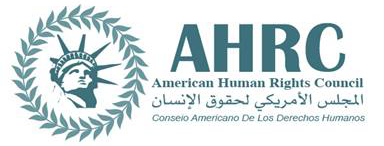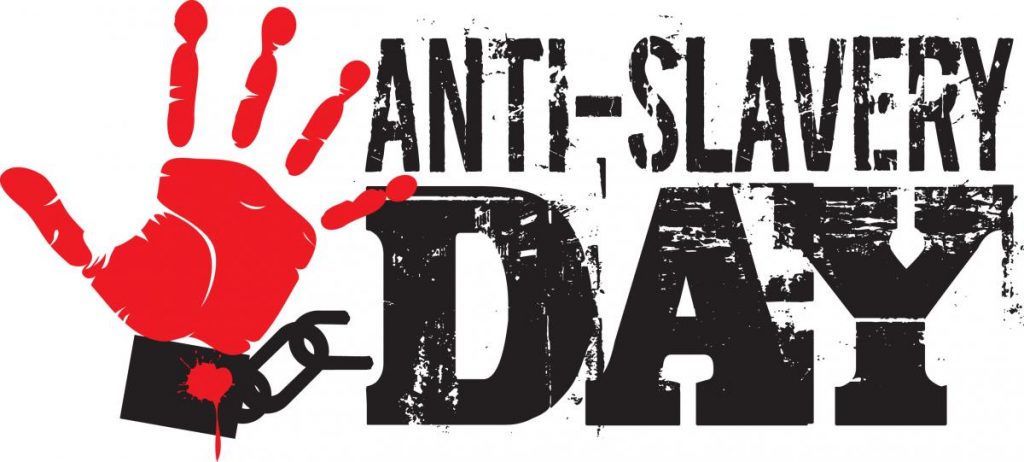The American Human Rights Council (AHRC-USA) joins the United Nations and the world community to remember and honor the International Day for the Abolition of Slavery today Dec 2nd. This is a day in observance by the United Nations to recognize the historical trauma of the slave trade over the centuries and to remember the abolition of slavery.
As we remember this day, we must also remember that many people around the world are still suffering in human bondage. Human Trafficking or “modern day slavery” is a multi-billion-dollar global crime against humanity operating in every corner of the world.
The challenge of slavery is present all over the world. Human trafficking and slavery are serious crimes that have not been dealt with the urgency that is warranted by the magnitude of the problem. These are global problems that need a concerted world effort to combat. No country and no nation can be free of such a challenge that requires strategic planning, partnerships and effective awareness, education and action combating this human tragedy.
According to the International Labor Organization (ILO) and the United Nations sources and reports, forced labor in the private economy reaps some $150 billion in illicit profits each year. Out of the 24.9 million people trapped in forced labour, 16 million people are exploited in the private sector such as domestic work, construction or agriculture; 4.8 million people in forced sexual exploitation, and 4 million people in forced labour imposed by state authorities. Women and girls are disproportionately affected by forced labour, accounting for 99% of victims in the commercial sex industry, and 58% in other sectors. An estimated 40.3 million people are in modern slavery, including 24.9 in forced labour and 15.4 million in forced marriage. There are 5.4 victims of modern slavery for every 1,000 people in the world. One in 4 victims of modern slavery is children.
Effectively dealing with human trafficking requires all nations to recognize the problem, and accept the responsibility to prevent, identify, and aggressively combat this crime. No country can claim immunity from the scourge of human rights abuses, or from the responsibility to confront them. It is our moral responsibility as American citizens and as American NGOs to draw attention to these serious challenges and work on being a part of the solution.
“Slavery is a violation of our core human values, our basic consciousness, and a violation of human rights and human dignity,” said Imad Hamad, AHRC Executive Director. “Though slavery has been legally abolished around the world, many people from vulnerable populations and people living in the United States are living in bondage, living with the threat or fear of bondage and exploitation, or have died trying to escape it.” Continued Hamad.

